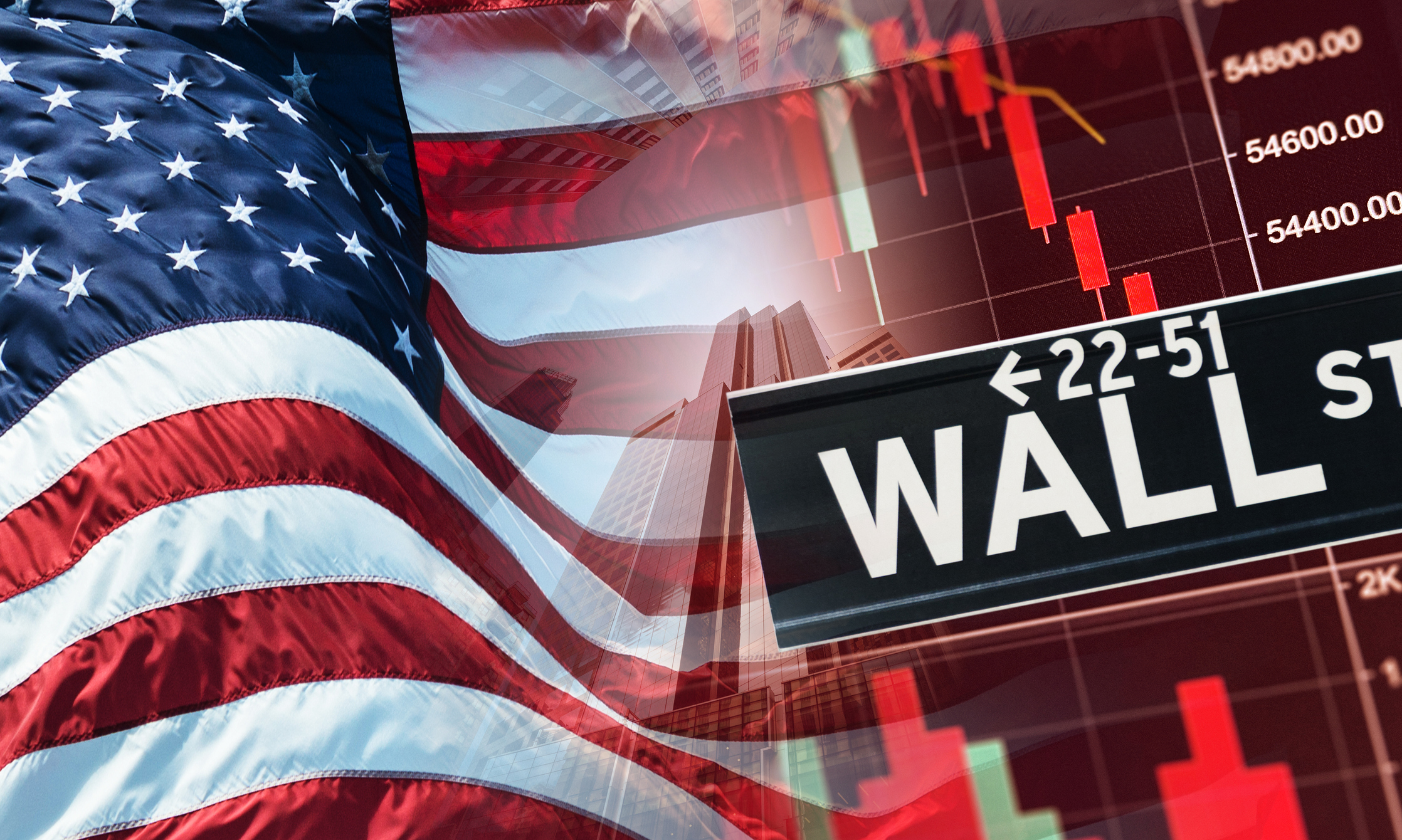How will the US presidential elections affect your portfolio?
As we head into the US election season, it’s important to understand how they could impact your portfolio and how to manage these risks

The US election will take place on 5th November this year, which is likely to mean 2024 will be a more volatile year than usual for investors.
That being said, history is on the side of investors. In the past, there have only been two occasions when stocks haven’t, in general, gained in US election years – one of which was in 2008.
However, this year is likely to be different for several reasons. Most importantly, the two potential candidates are so far apart on key issues. In addition, there are other growing risks as well.
MoneyWeek
Subscribe to MoneyWeek today and get your first six magazine issues absolutely FREE

Sign up to Money Morning
Don't miss the latest investment and personal finances news, market analysis, plus money-saving tips with our free twice-daily newsletter
Don't miss the latest investment and personal finances news, market analysis, plus money-saving tips with our free twice-daily newsletter
Most notably, there’s the large debt pile the US government has to manage, which is growing every day. Thanks to raising interest rates, the government's interest bill on this debt has risen to more than $1 trillion annually. This suggests the next president will not have as much room for manoeuvre as previous presidents when it comes to fiscal stimulus for the economy.
Fiscal stimulus, notably tax breaks and investment allowances have been key policies of both Donald Trump, when he was in power and Joe Biden. Economists attribute these initiatives to the recent economic performance of the country.
There are other risks investors need to look out for as well. China’s housing crisis is casting a shadow over global commodity and financial markets, and there’s also a brewing commercial real estate crisis in the US, which could force banks to write off large percentages of their loan portfolios.
These are some of the biggest risks investors face as we head into the election season, and it’s important to understand how they could impact your portfolio. Managing these risks in an investment portfolio is possible as long as you know what you are looking out for.
The key risks
There are two key themes that are likely to define the investment environment over the final six months of 2024 based on the above.
The first is interest rates. The market is currently expecting the Federal Reserve to start cutting interest rates later this year, which could be positive for stocks, bonds and even give the US government some more room to unleash fiscal stimulus.
However, if inflation remains more stubborn than expected, interest rates are likely to remain where they are today, which could be challenging for some companies to navigate and may force investors to reconsider their exposure to US government debt. If interest rates remain where they are or even rise, it’s likely to have a significant negative impact on equity prices worldwide.
The other key theme likely to define the investment environment for the rest of 2024 and, as a result, likely to impact your portfolio is volatility.
If there’s one thing markets hate more than anything else, it’s uncertainty. There’s a lot of uncertainty in the world right now. We don’t know who will win the presidential race until the votes are in; even then, as we saw last time around, there could be challenges to the result.
With two candidates with very different agendas on the slate, this means there’s a lot of uncertainty out there. Uncertainty will result in volatility, and that can be bad for investors.
The best strategy
In an environment like this, defining a plan for every eventuality is the best strategy.
You don’t need to come up with a trading plan for every eventuality, but you just need to be prepared for the worst and the best, hedge your assets and try to minimise risk as much as possible.
That last point is key. As mentioned above, risk the utility are going to be the two defining traits of the investment environment over the next six months, especially around the presidential election.
The best way to reduce risk is to understand what you are investing, try and diversify as much as possible, and to not invest more than you can afford.
If you do get your trade or investments wrong and have money left on the sidelines, you can continue and return to trade another day.
Your capital is at risk. 71% of retail investor accounts lose money when trading spread bets and CFDs with this provider. You should consider whether you can afford to take the high risk of losing your money.
Get the latest financial news, insights and expert analysis from our award-winning MoneyWeek team, to help you understand what really matters when it comes to your finances.
MoneyWeek is written by a team of experienced and award-winning journalists, plus expert columnists. As well as daily digital news and features, MoneyWeek also publishes a weekly magazine, covering investing and personal finance. From share tips, pensions, gold to practical investment tips - we provide a round-up to help you make money and keep it.
-
 Should you buy an active ETF?
Should you buy an active ETF?ETFs are often mischaracterised as passive products, but they can be a convenient way to add active management to your portfolio
-
 Power up your pension before 5 April – easy ways to save before the tax year end
Power up your pension before 5 April – easy ways to save before the tax year endWith the end of the tax year looming, pension savers currently have a window to review and maximise what’s going into their retirement funds – we look at how

